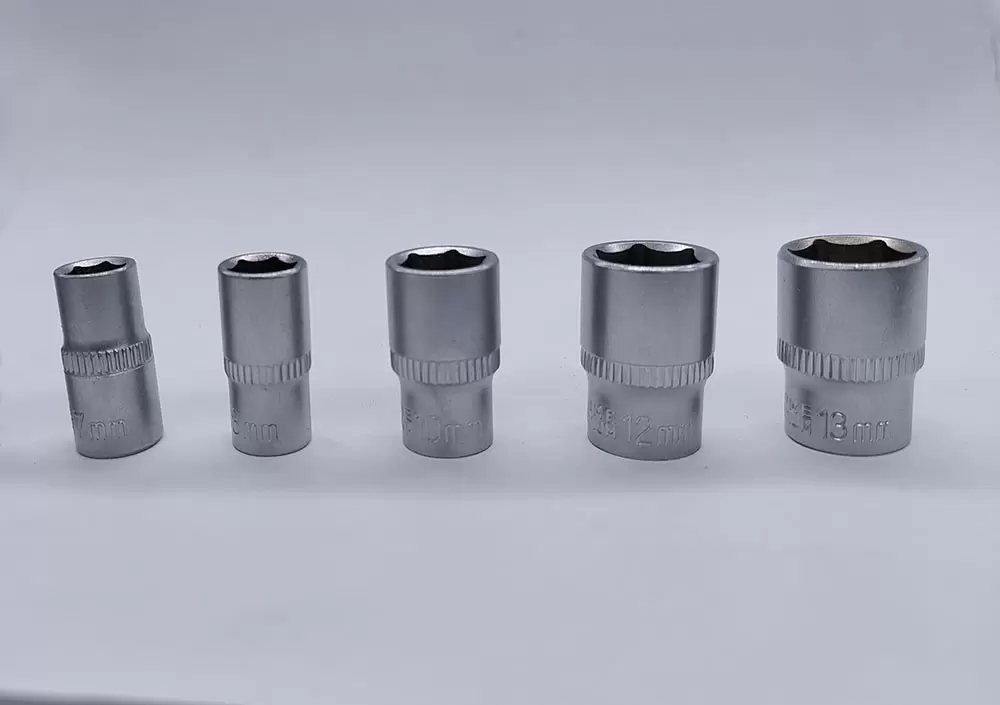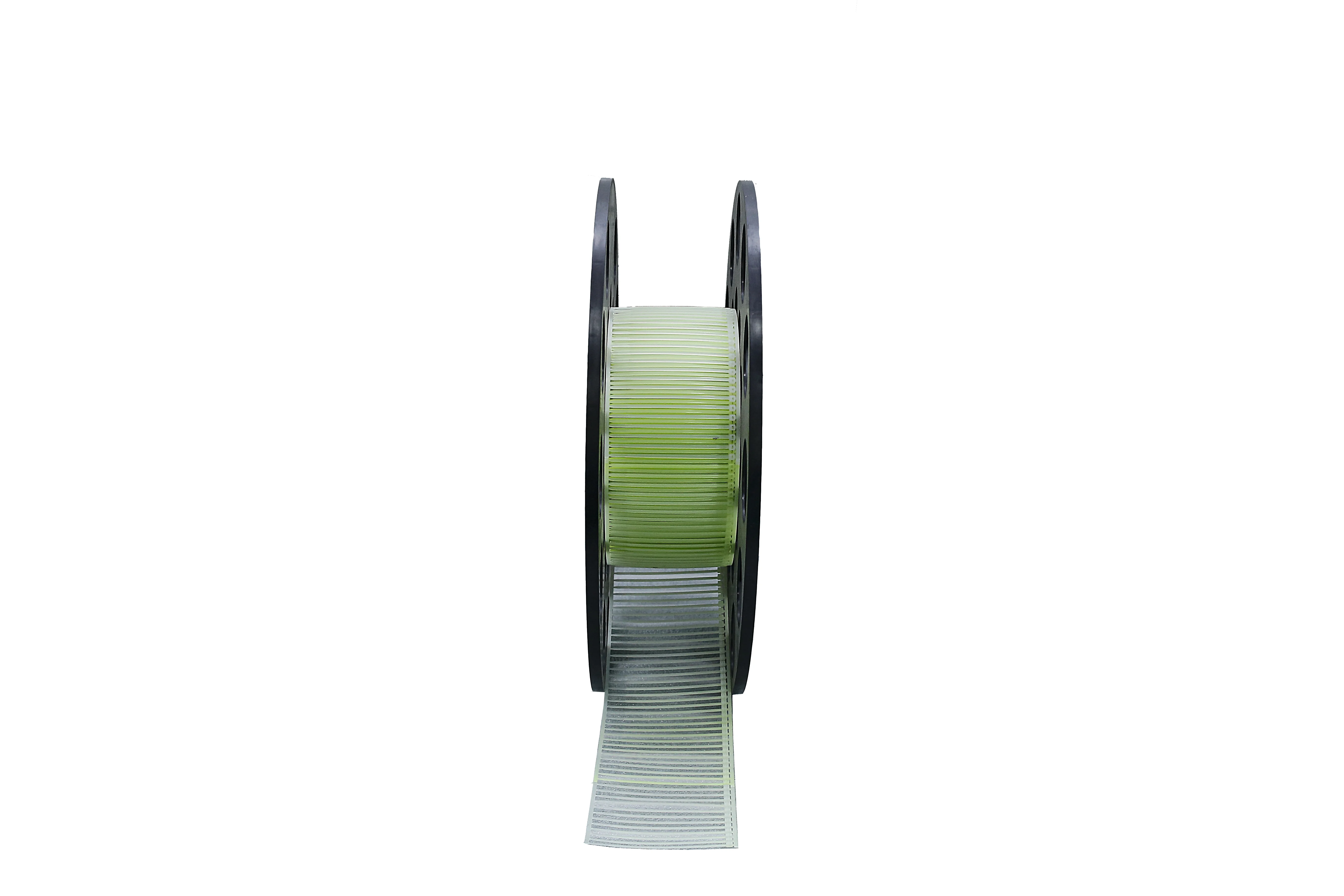In the ever-evolving automotive industry, fuel efficiency has become a paramount concern for both manufacturers and consumers. One crucial component that significantly impacts a vehicle's fuel efficiency is the fuel pump. With various types of fuel pumps available in the market, it becomes imperative to understand which type is more efficient. In this blog post, we will delve into the intricacies of different fuel pump types and evaluate their efficiency levels to help you make an informed decision.
- Mechanical Fuel Pumps:
Mechanical fuel pumps have been a staple in the automotive industry for decades. These pumps operate using a camshaft-driven mechanism, which draws fuel from the tank and delivers it to the engine. While mechanical fuel pumps are reliable and relatively inexpensive, their efficiency is limited due to their design. The mechanical nature of these pumps results in a constant fuel flow, regardless of the engine's demand, leading to potential wastage and decreased efficiency. - Electric Fuel Pumps:
Electric fuel pumps have gained popularity in recent years due to their improved efficiency and performance. These pumps utilize an electric motor to draw fuel from the tank and deliver it to the engine at the required pressure. Unlike mechanical pumps, electric fuel pumps can vary their flow rate based on the engine's demand, resulting in optimized fuel delivery and improved efficiency. Additionally, electric fuel pumps are more compact, allowing for flexible installation options and reduced weight. - Direct Injection Fuel Pumps:
Direct injection fuel pumps represent the latest advancement in fuel delivery technology. These pumps are specifically designed for vehicles equipped with direct fuel injection systems. Unlike traditional fuel pumps, direct injection pumps deliver fuel directly into the combustion chamber at high pressure. This precise fuel delivery enhances combustion efficiency, resulting in improved fuel economy and reduced emissions. However, direct injection fuel pumps are more complex and expensive compared to other types. - Hybrid Fuel Pumps:
In an effort to maximize efficiency, hybrid fuel pumps have emerged as a combination of electric and mechanical pump technologies. These pumps utilize an electric motor to drive a mechanical pump, providing the benefits of both systems. Hybrid fuel pumps offer the flexibility of electric pumps in adjusting fuel flow based on demand, while also benefiting from the reliability and cost-effectiveness of mechanical pumps. This hybrid approach aims to strike a balance between efficiency and affordability.
Conclusion:
When it comes to fuel pump efficiency, electric fuel pumps and direct injection fuel pumps stand out as the top contenders. Electric fuel pumps offer improved efficiency by adjusting fuel flow based on demand, while direct injection fuel pumps enhance combustion efficiency for optimal fuel economy. However, it is essential to consider factors such as cost, compatibility with the vehicle's system, and long-term reliability when choosing the most suitable fuel pump for your specific needs.


